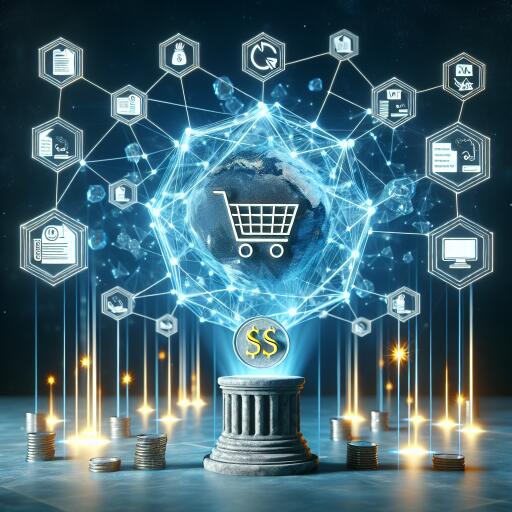MIL-OSI Economics: SAP Business Network Digitalizes Procurement for VAT E-Invoicing Mandates
The push towards digitalization in business practices has seen a significant uptick, especially with government mandates for e-invoicing to keep track of VAT (Value-Added Tax) payments. This trend is not only about adhering to regulatory compliance but also about embracing the efficiency and transparency offered by digital transformation.
In the past decade, a series of directives have seen the European Union mandate e-invoicing for all business-to-government (B2G) procurements, with expectations to encompass business-to-business (B2B) transactions shortly. This move has seen over 100 countries, including but not limited to Italy, Germany, Poland, Greece, France, and Romania, enacting mandatory e-invoicing legislation. This trend extends beyond Europe, with countries in Latin America and Asia also jumping on the bandwagon.
The rationale behind the global shift towards e-invoicing is clear. Governments and regulatory bodies view digitalization as a key strategy to enhance fraud detection, simplify VAT reporting, and introduce a level of transparency previously unattainable. Despite the added complexity these mandates introduce for buyers and suppliers, cloud-based platforms have risen to the occasion, streamlining collaboration through automation.
The SAP Business Network stands out in this digital landscape, providing a platform for buyers and suppliers to seamlessly manage procurement and invoicing activities. “As governments introduce e-invoicing mandates, our goal is to support organizations by ensuring regulatory consistency,” explains Lorraine Yao, director of Product Marketing for SAP Business Network. “Digitalization facilitates the accurate and automated flow of information, from order placement to delivery, and streamlines e-invoicing directly within a company’s ERP system. This automation replaces manual checks, enabling real-time updates that accelerate processing, fulfillment, and timely payments.”
Yao highlights the substantial scale at which organizations operate on the SAP Business Network, with US$5.3 trillion in annual commerce and 746 million B2B transactions. The outcomes have been noteworthy. For instance, a U.S.-based clothing and accessories retailer saw significant time savings in supplier invoicing and collaboration through the platform, leading to better spend visualization and strategic sourcing. Similarly, a multinational in Europe noted increased efficiency and reduced errors after transitioning to the SAP Business Network, underscoring the tangible benefits of automating procurement processes.
E-invoicing represents a pivotal advancement leaving outdated tax collection methodologies in the dust. According to an IDC survey, 61% of tax professionals anticipate a significant impact on their tax management processes from e-invoicing within the next two years. The expectation is for e-invoicing to blend compliance and invoice management, a necessity as VAT and GST (goods and services tax) protocols evolve.
Moreover, e-invoicing aligns with the European Union’s twin transition goal – digital and green transformation. Opting for electronic over physical invoicing methods translates to reduced material use and energy savings, furthering environmental sustainability goals.
“With electronic invoices, buyers can rapidly process data into their payment and accounting systems,” Yao adds. “This streamlined process allows procurement teams to focus more on strategic decision-making rather than information retrieval. It fosters collaboration between internal and external teams, enhancing compliance and expediting approvals.”
While e-invoicing is a requirement in many jurisdictions, its adoption brings broader business benefits. Predictions from IDC analysts suggest that by mid-2025, 70% of global businesses will leverage embedded financing for payments, indicating the integral role of digitalization in modern commerce. “Digitalization offers clarity on e-invoice statuses, enhancing efficiency and saving time,” says Yao. “It enables accounts payable teams to leverage early-payment discounts and manage working capital more effectively, benefiting both buyers and suppliers with improved cash flow.” SAP remains dedicated to supporting companies in navigating e-invoicing mandates while fostering robust trading partner relationships for sustainable business growth.
